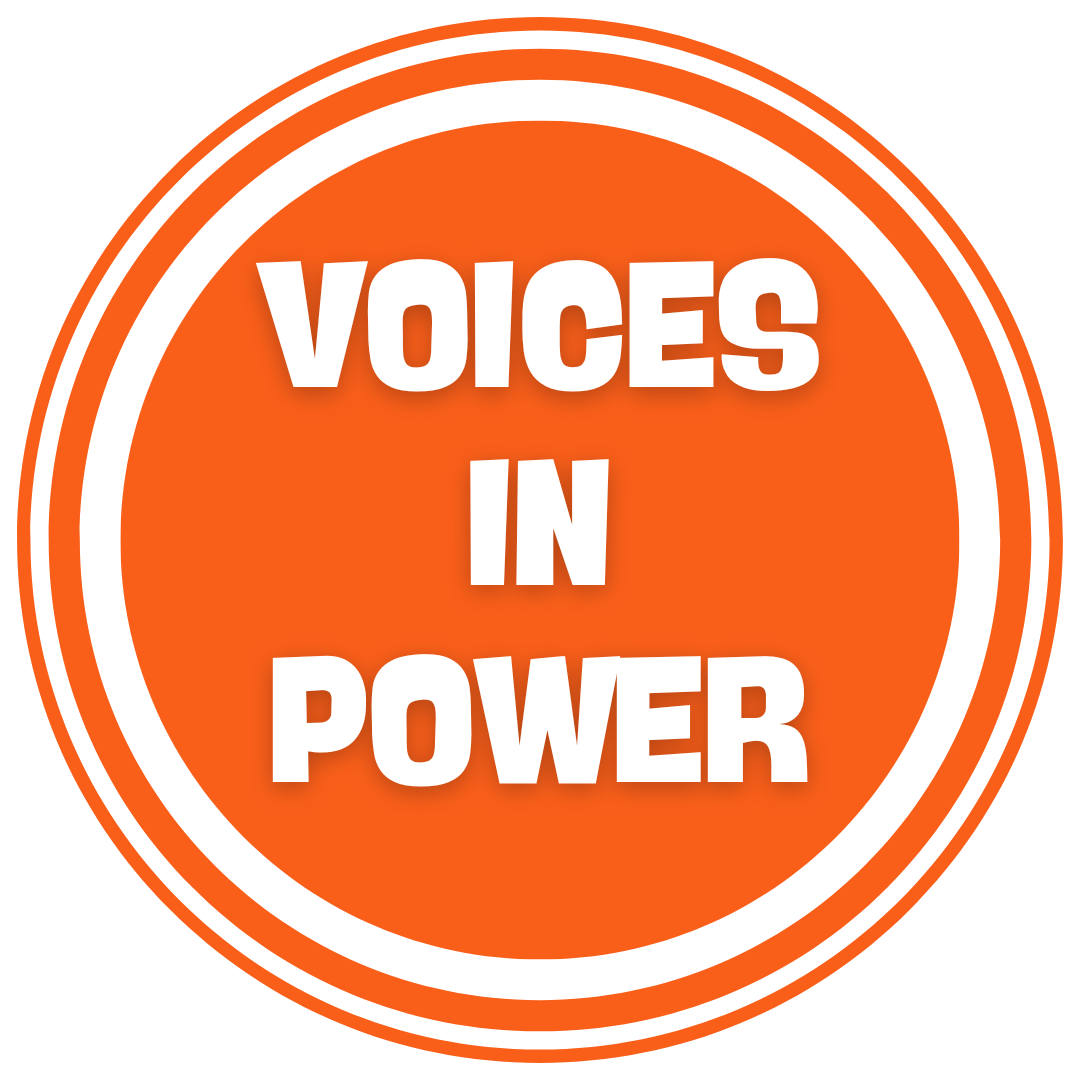Got Writer's Block? Here's How to Turn It into Your Creative Ally
Writer's block, that dreaded barricade on the poet's path, often strikes when we least expect it. It can be frustrating, even disheartening, to sit before a blank page, pen poised, & find nothing but silence where words once flowed effortlessly. However, there's a remarkable & often overlooked truth about writer's block: it's not always the enemy. In fact, it can be an unexpected ally on your creative journey. In this blog post, we'll explore why it's okay to experience writer's block & provide alternatives to either push through it or partner with it to uncover new avenues of inspiration.
1. The Myth of Continued Creativity
Let's start by debunking a pervasive myth: the idea that creative people, especially poets, should always be inspired, writing masterpiece after masterpiece. The truth is, creativity is a rollercoaster. Just as nature has its seasons, creativity has its own lefts & rights. Writer's block is a natural part of this creative cycle. It may be a signal that your creative well needs replenishing, a pause for introspection, & an opportunity for growth.
2. Embracing the Pause
Instead of viewing writer's block as an obstacle, try seeing it as a pause button. Embrace this period of stillness as a chance to reflect on your thoughts, feelings, & experiences without trying to use that for creating purposes. Sometimes, stepping back from the act of writing allows you to gather fresh material & insights for your poetry. Journaling, meditation, or simply observing the world around you can be potent tools for sparking new ideas.
3. Exploring Unconventional Sources of Inspiration
Instead of viewing writer's block as an obstacle, consider it an invitation to explore unconventional sources of inspiration. Engage in activities that are unrelated to writing, such as visiting an art gallery, hiking in nature, experimenting with a new recipe, or immersing yourself in music from different cultures. These experiences can infuse your poetry with fresh perspectives, emotions, & imagery.
4. Partnering with Writer's Block
Rather than battling writer's block, consider partnering with it. Write about your experience of being blocked. Explore the frustration, the doubt, & the yearning to break free. Write poems about the silence, the emptiness, & the journey to rediscover your creative voice. Your struggle with writer's block can become a rich source of material.
5. Set Realistic Goals
Sometimes, the pressure to produce can exacerbate writer's block. To overcome this, set realistic writing goals. Start with small, achievable tasks. Commit to writing a single stanza, a haiku, or even just a single line or two each day. These small victories can gradually build your confidence & help you navigate writer's block more effectively.
6. Seek Support & Feedback
Don't hesitate to seek support from fellow poets or writing groups. Sharing your experiences with others can be cathartic, & they may offer insights or encouragement that help you break through the block. Constructive feedback can also provide fresh perspectives on your work.
7. Patience & Self-Compassion
Lastly, be patient with yourself. Writer's block is a part of the creative journey, not a sign of failure. Remember that even renowned poets have faced it. Practice self-compassion, & don't judge yourself too harshly during these periods. Trust that your creativity will return when the time is right.
In conclusion, writer's block, though challenging, is a natural & even essential part of a poet's journey. It's okay to experience it. Instead of fighting it, learn to embrace & partner with it. By exploring alternative sources of inspiration, setting realistic goals, seeking support, & practicing self-compassion, you can turn writer's block into a transformative & ultimately enriching phase in your poetic life. It's a reminder that creativity is a journey, not a destination, & each part of that journey, even the pauses, contributes to your growth as a poet.
Writing Prompts:
Write a poem from the perspective of a blank page, expressing its longing to be filled with words & ideas.
Imagine a conversation between you & the personification of writer's block. What would you say to each other? How would you negotiate the creative struggle?
Write a poem that explores the feeling of being bound by writer's block & the liberation that comes when those chains are finally broken.
Create a poem that dives into the self-doubt & insecurities that often accompany writer's block. How do these shadows affect your creative process?
Write a poem about the words & ideas that were lost or buried during a period of writer's block, & the joy of rediscovering them.
Describe what your creative muse does during its "vacation" when writer's block sets in. Where does it go, & what adventures does it embark on?
These prompts are designed to help you reflect on the experience of writer's block, channel your frustrations or doubts into creative expression, & ultimately find your way back to a place of inspiration & productivity. Writing about writer's block can be a therapeutic & transformative process.
